Amy Lien and Enzo Camacho, Artur Žmijewski, Lena Tutunjian
Not With Nothing. But With Nothing
PNI, London
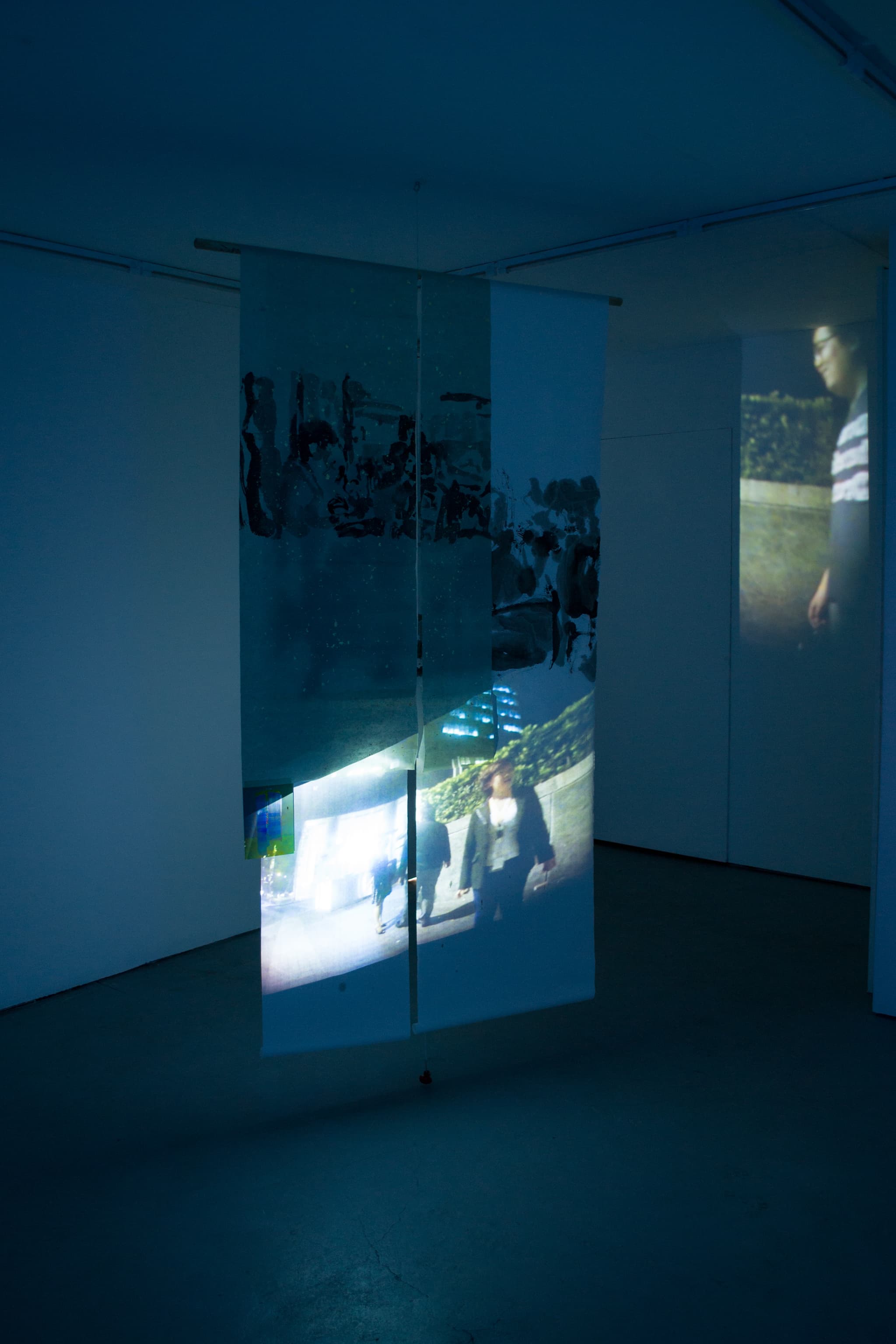
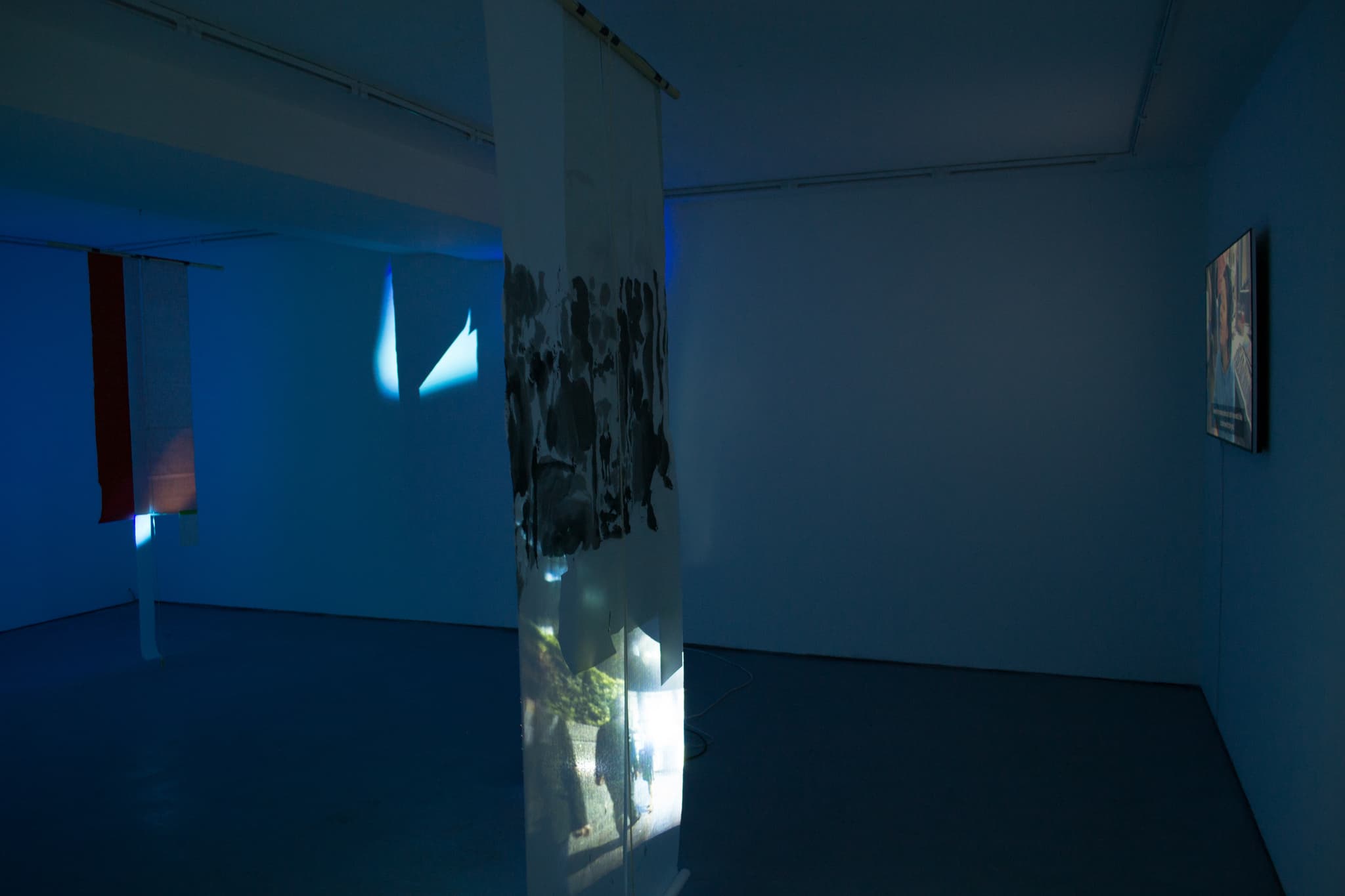
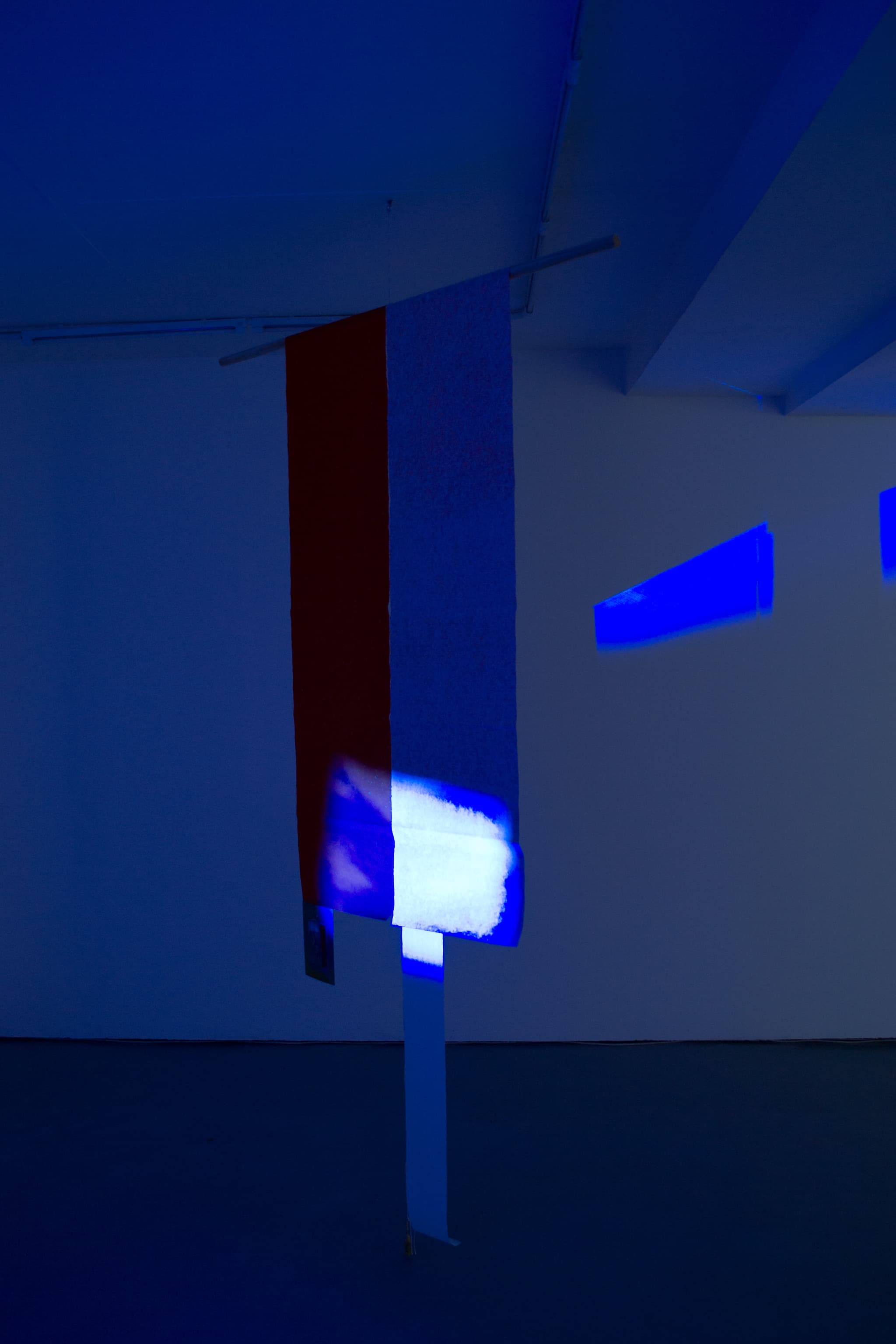
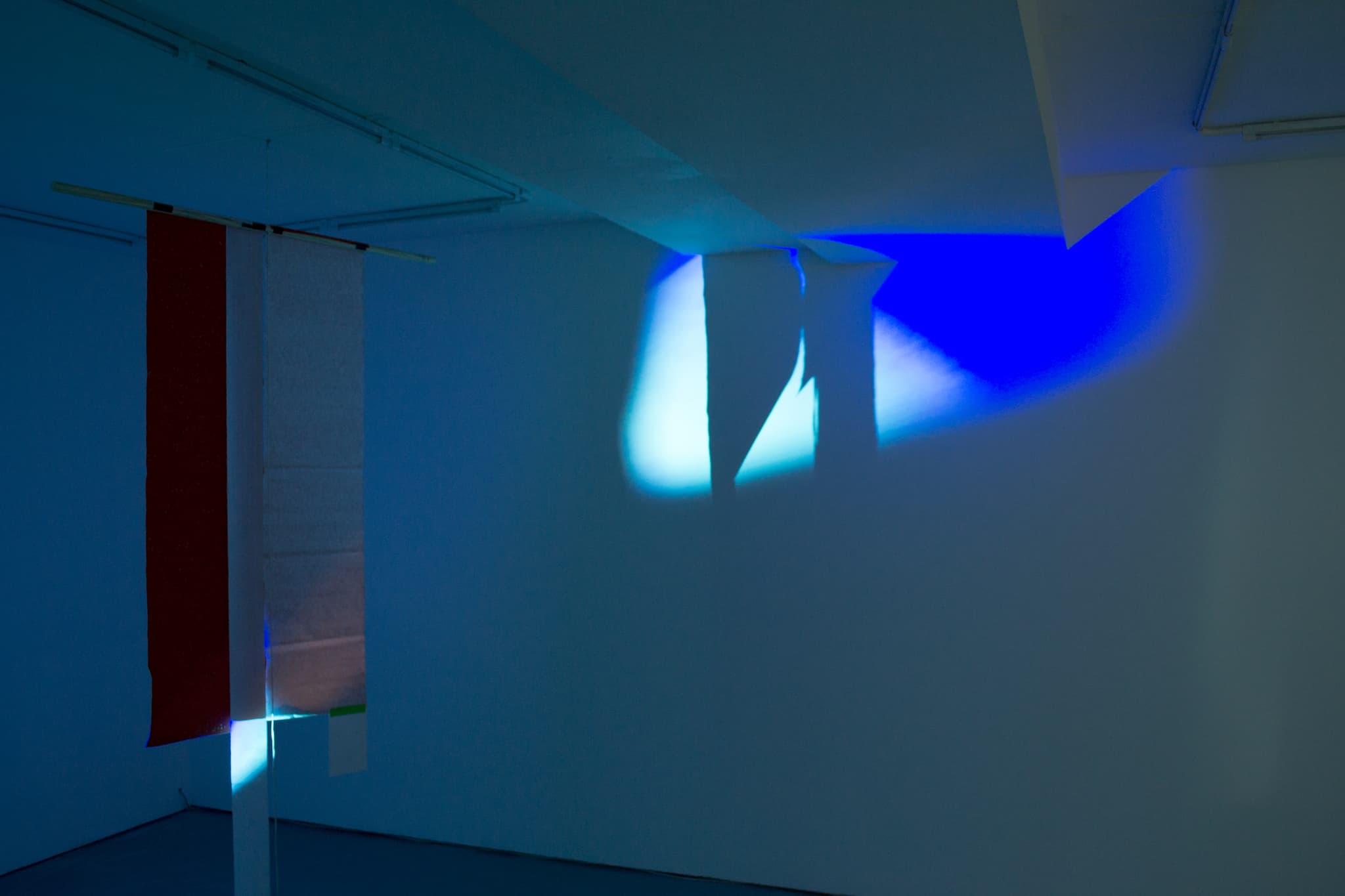
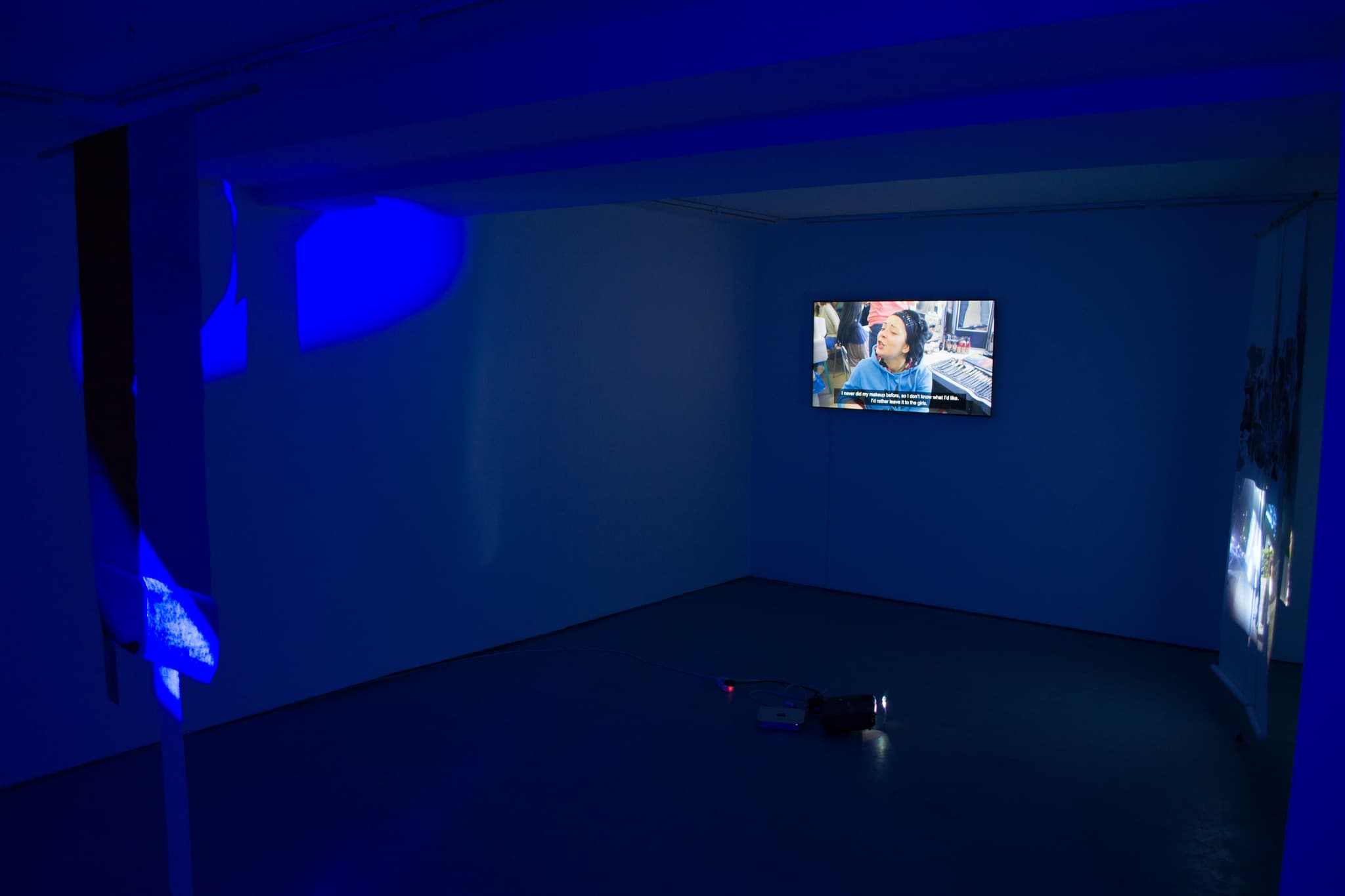
[She says] “no I’m not leaving. […] Tell him I give up the land. Tell him that he can have it, title deed and all.”
There is a pause between them.
“How humiliating”, he says finally. “Such high hopes, and to end like this”.
“Yes, I agree, it is humiliating. But perhaps that is a good point to start from again. Perhaps that is what I must learn to accept. To start at ground level. With nothing. Not with nothing but. With nothing. No cards, no weapons, no property, no rights, no dignity”.
“Like a dog”.
“Yes, like a dog”.
— J. M. Coetzee Disgrace (NY: Penguin 1999) 205.